August 30, 2024
Top 12 Best Winter Vegetables
CM Content Team


View all
140+
Resorts
As the temperatures drop and the days grow shorter, it's time to turn our attention to the heartier crops that thrive in the cold. Winter vegetables, known for their resilience to frost and chill, are packed with flavour, nutrition, and numerous health benefits. These cold weather vegetables are rich in essential vitamins, minerals, and antioxidants that boost immunity, support digestion, and promote overall well-being. Whether you're a seasoned gardener or simply looking to enjoy this nutritious winter veg, they offer a rewarding and delicious addition to your meals.
Here is a list of top 12 winter vegetables to consider.
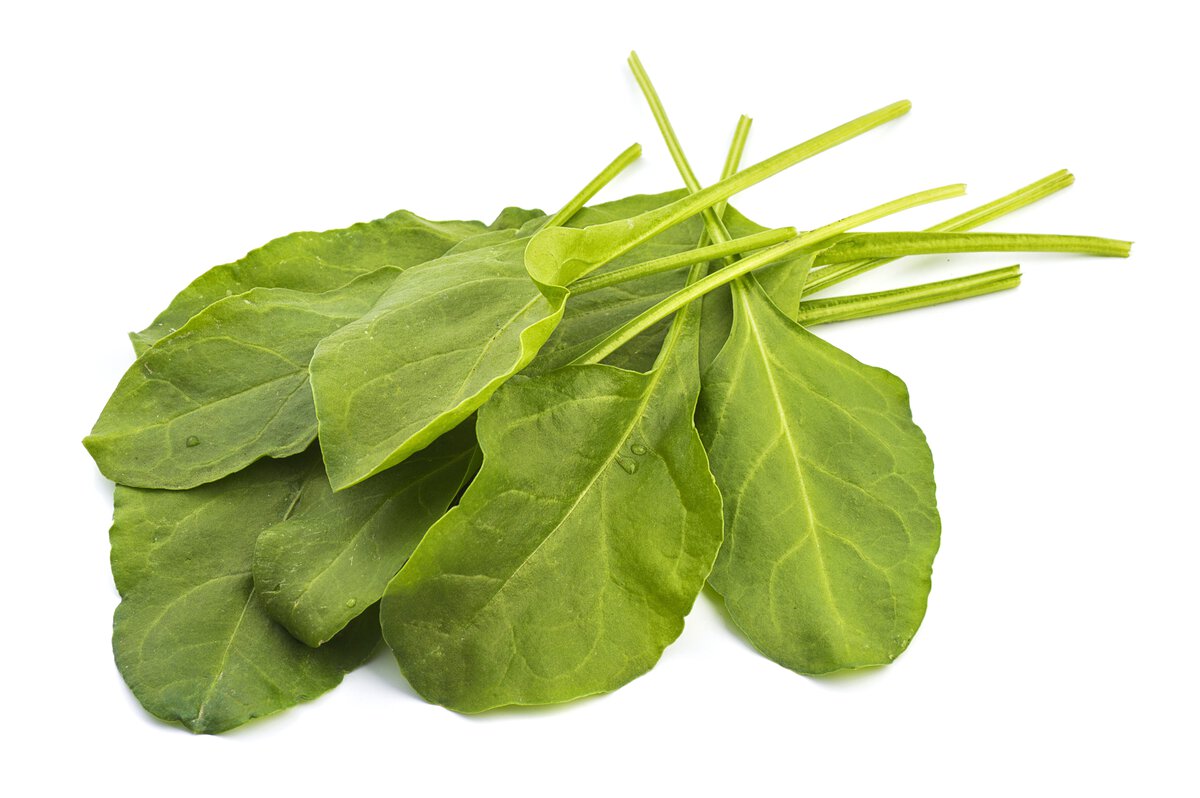
Spinach, commonly known as palak, is a popular winter vegetable celebrated for its tender, green leaves and mild flavour. Thriving in cooler temperatures, spinach is a versatile addition to many dishes, including fresh salads and warm soups. Its ability to withstand cold makes it an ideal choice for the winter season, adding both nutrition and vibrant colour to meals.
Spinach is highly valued for its impressive nutrient profile. It is rich in essential vitamins such as vitamin A, which supports vision and immune function, and vitamin C, which is vital for skin health and antioxidant protection. Additionally, spinach provides a good amount of vitamin K, important for blood clotting and bone health.
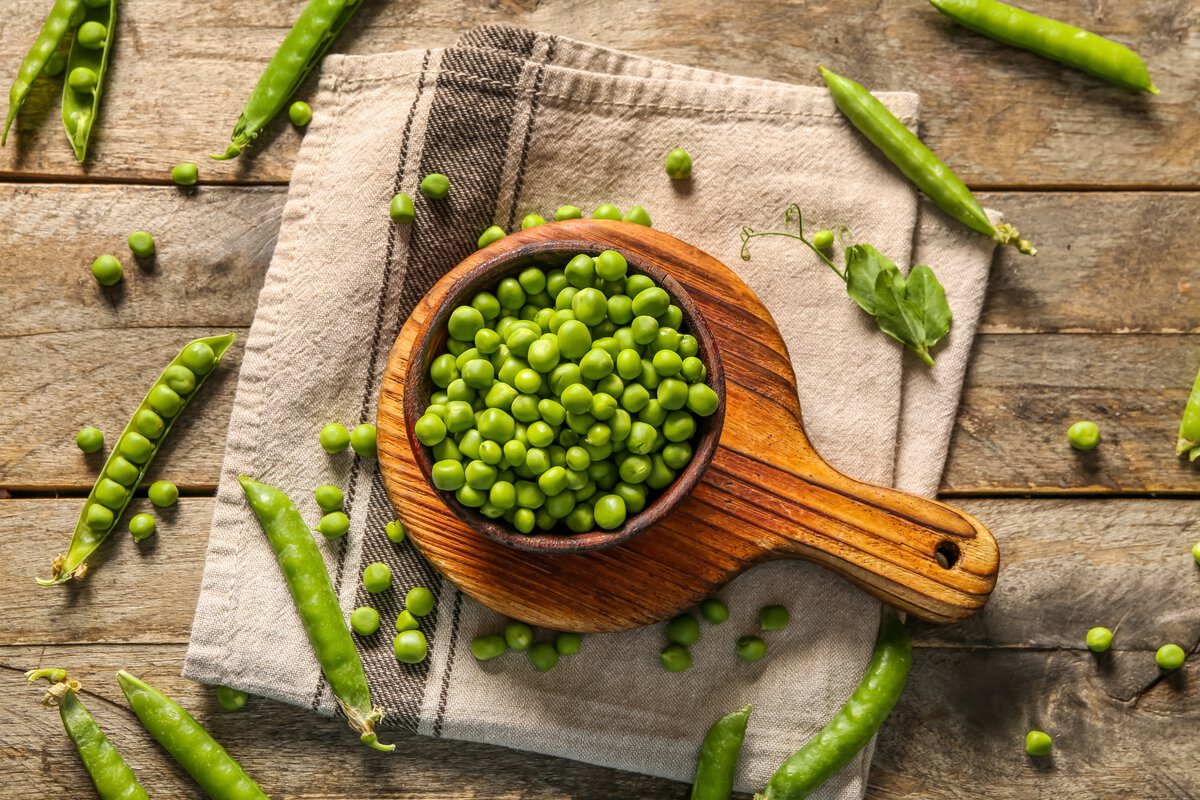
Green peas are a popular winter vegetable known for their sweet flavour and bright green colour. They thrive in cooler temperatures, making them a staple in many winter dishes. Green peas can be enjoyed fresh, frozen, or dried, and are versatile in a variety of recipes, from soups and stews to salads and side dishes.
Nutritionally, green peas are an excellent source of plant-based protein and dietary fiber, which are important for maintaining digestive health and providing a feeling of fullness. They are also rich in essential vitamins and minerals, including vitamins A, C, and K, as well as folate and manganese.
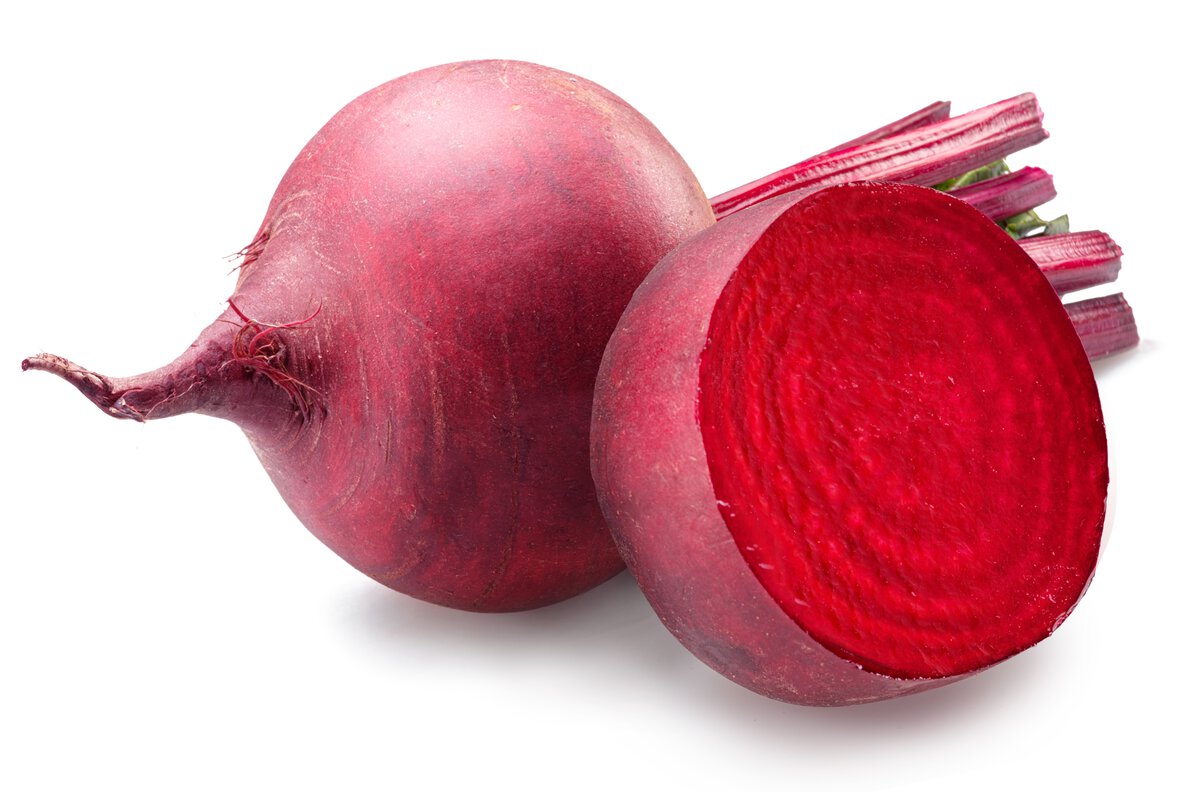
Beets, also known as beetroot, are a vibrant and nutritious winter vegetable renowned for their deep red colour and earthy flavour. They thrive in cooler temperatures and can be enjoyed in a variety of culinary forms, including roasted, boiled, or raw in salads. The entire plant is edible, with both the root and leafy greens offering nutritional benefits.
Beets are a nutrient-rich winter vegetable known for their deep red colour and earthy flavour. They are an excellent source of folate, which supports cell growth and metabolism, and provide vitamin C and potassium. Beets are also high in nitrates, which can help improve blood pressure and cardiovascular health. Additionally, their antioxidants, such as betalains, offer protection against oxidative stress.
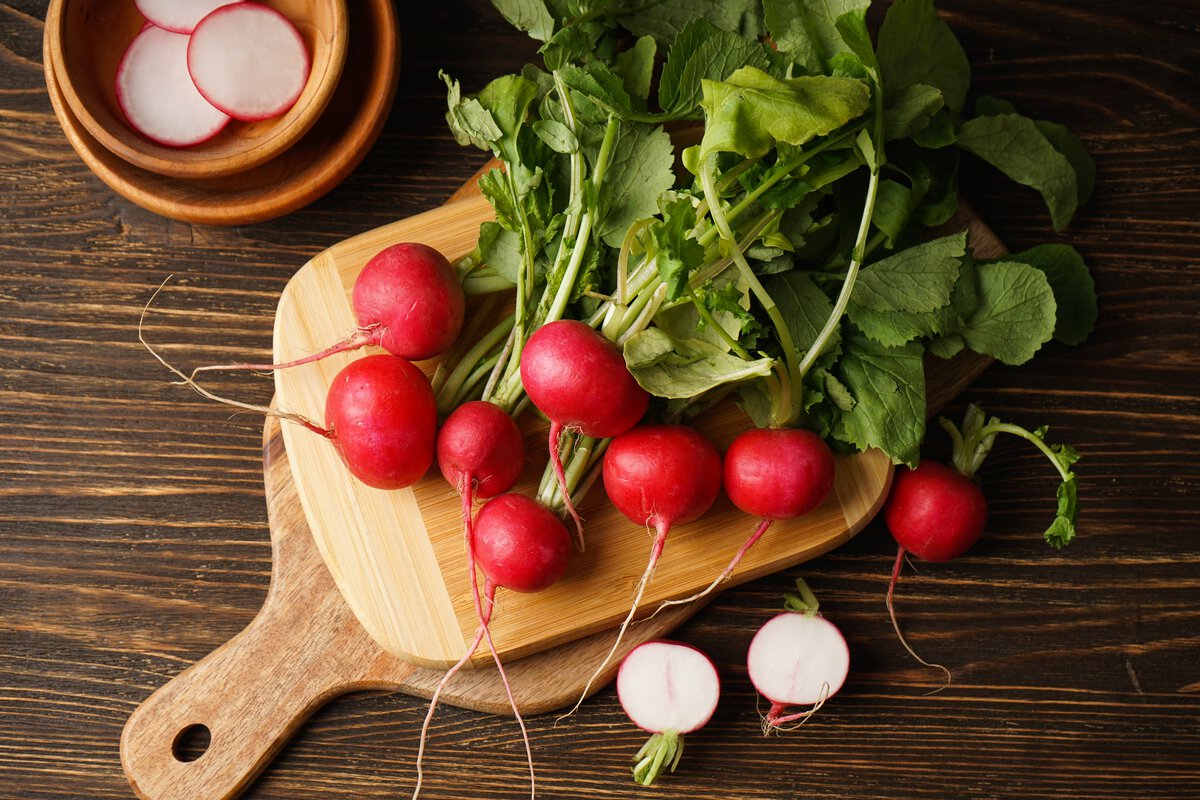

Radishes are a crisp and peppery winter vegetable that thrives in cooler temperatures. Known for their vibrant red or white skin and crunchy texture, radishes add a refreshing bite to salads, sandwiches, and various dishes. They can be enjoyed raw, pickled, or even roasted for a milder flavour.
Food Value:
Nutritionally, radishes are low in calories but rich in essential nutrients. They are a good source of vitamin C, which supports the immune system and skin health, and contain dietary fibre, which aids digestion. Radishes also offer beneficial compounds such as antioxidants and sulphur-containing compounds that contribute to their distinctive flavour and potential health benefits.
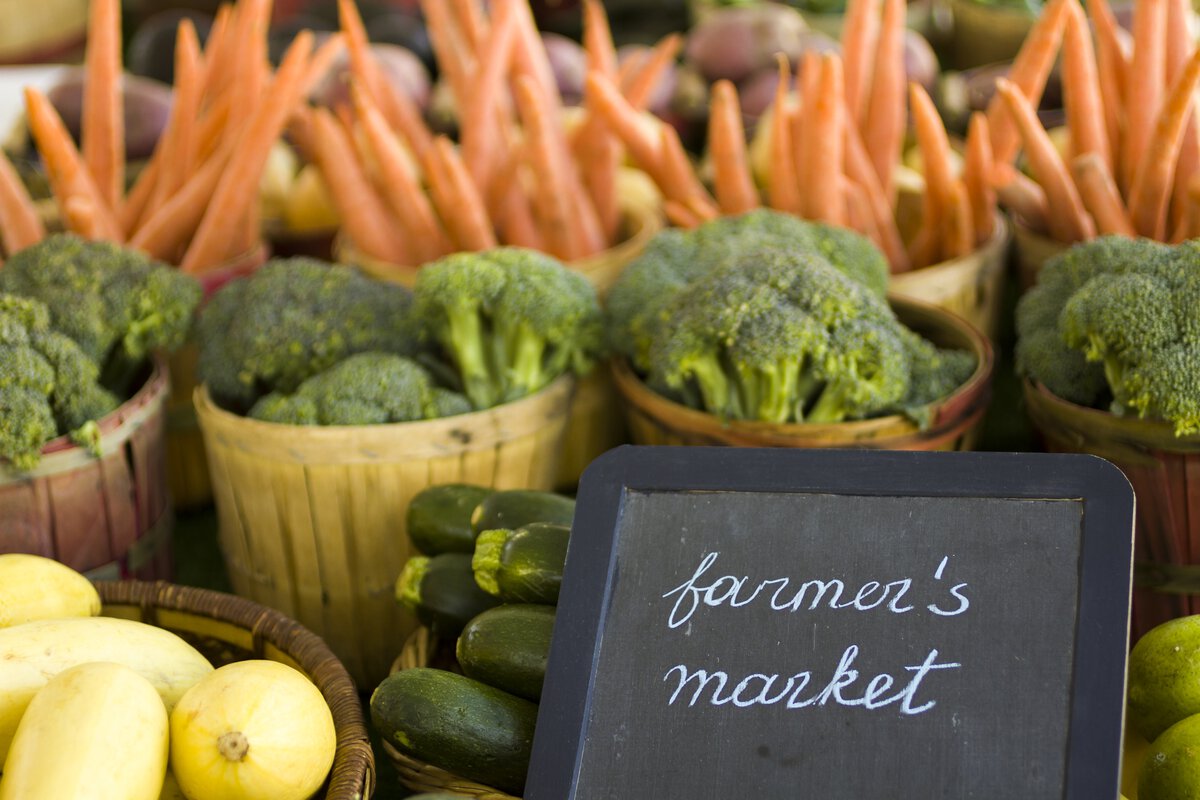
Broccoli is a nutrient-dense winter vegetable known for its green, tree-like florets and stalks. It thrives in cooler temperatures, making it a staple in winter gardens and kitchens. Broccoli can be enjoyed in various dishes, including stir-fries, soups, salads, and as a steamed or roasted side dish.
Food Value:
Nutritionally, broccoli is packed with essential vitamins and minerals. It is an excellent source of vitamin C, which boosts the immune system and aids in collagen production, and vitamin K, which is important for bone health and blood clotting. Broccoli is also rich in dietary fibre, supporting digestive health, and contains a range of antioxidants, including sulforaphane, which has been studied for its potential cancer-fighting properties.
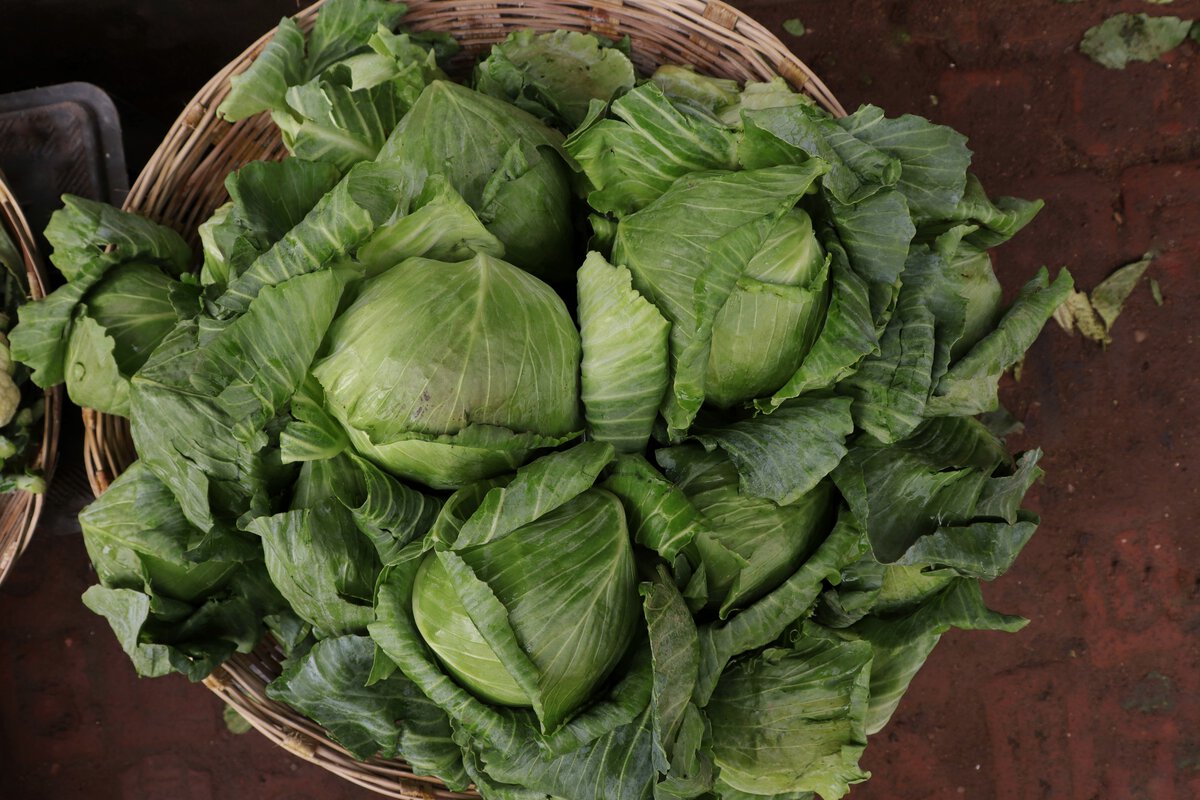
Cabbage is a hardy winter vegetable known for its dense, leafy heads and crunchy texture. Available in green, red, and savoy varieties, cabbage is versatile and n be used in a wide range of dishes, from salads and slaws to soups, stews, and fermented foods like sauerkraut and kimchi.
Food Value:
Cabbage is highly nutritious, offering a wealth of essential vitamins and minerals. It is an excellent source of vitamin K, which plays a crucial role in blood clotting and bone health, and vitamin C, which supports immune function and skin health. Cabbage also provides dietary fibre, aiding digestion and promoting satiety. Additionally, cabbage contains antioxidants and sulphur-containing compounds, which may have anti-inflammatory and cancer-protective properties.
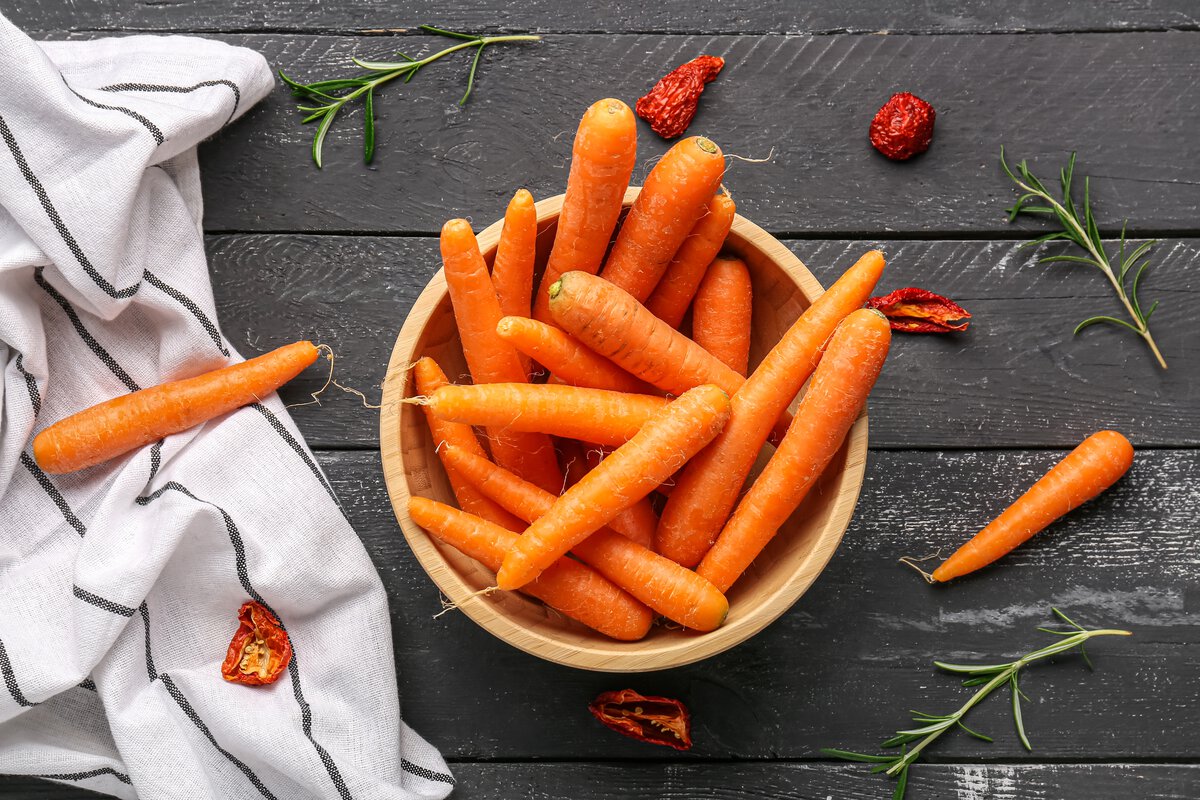
Carrots are a popular and versatile winter vegetable known for their vibrant orange colour and sweet, crunchy texture. They thrive in cooler temperatures, which often enhance their natural sweetness. Carrots can be enjoyed raw, cooked, or juiced, making them a staple in a variety of dishes, from salads and soups to stews and roasted vegetables.
Food Value:
Nutritionally, carrots are renowned for their high beta-carotene content, a precursor to vitamin A, which is essential for good vision, immune function, and skin health. They also provide dietary fibre, which supports healthy digestion, and are a good source of vitamins C and K, as well as potassium.
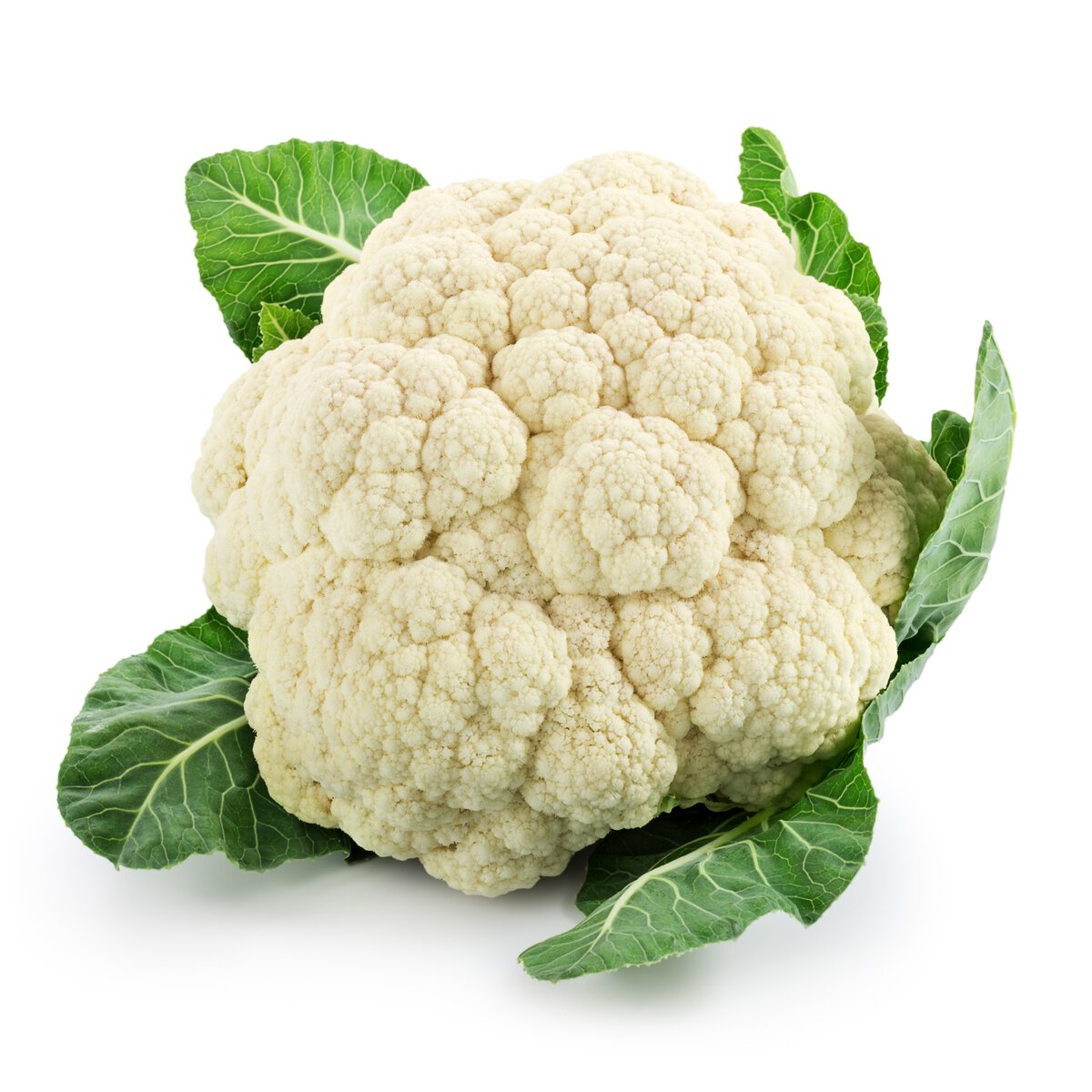
Cauliflower is a versatile and nutritious winter vegetable known for its dense, white florets. It thrives in cooler temperatures, making it a popular choice in winter gardens and kitchens. Cauliflower can be enjoyed in a variety of dishes, including roasted, steamed, mashed, or even as a low-carb substitute in recipes like rice and pizza crust.
Food Value:
Nutritionally, cauliflower is a low-calorie vegetable that is rich in vitamins and minerals. It is an excellent source of vitamin C, which supports immune health and skin vitality, and vitamin K, important for bone health and blood clotting.
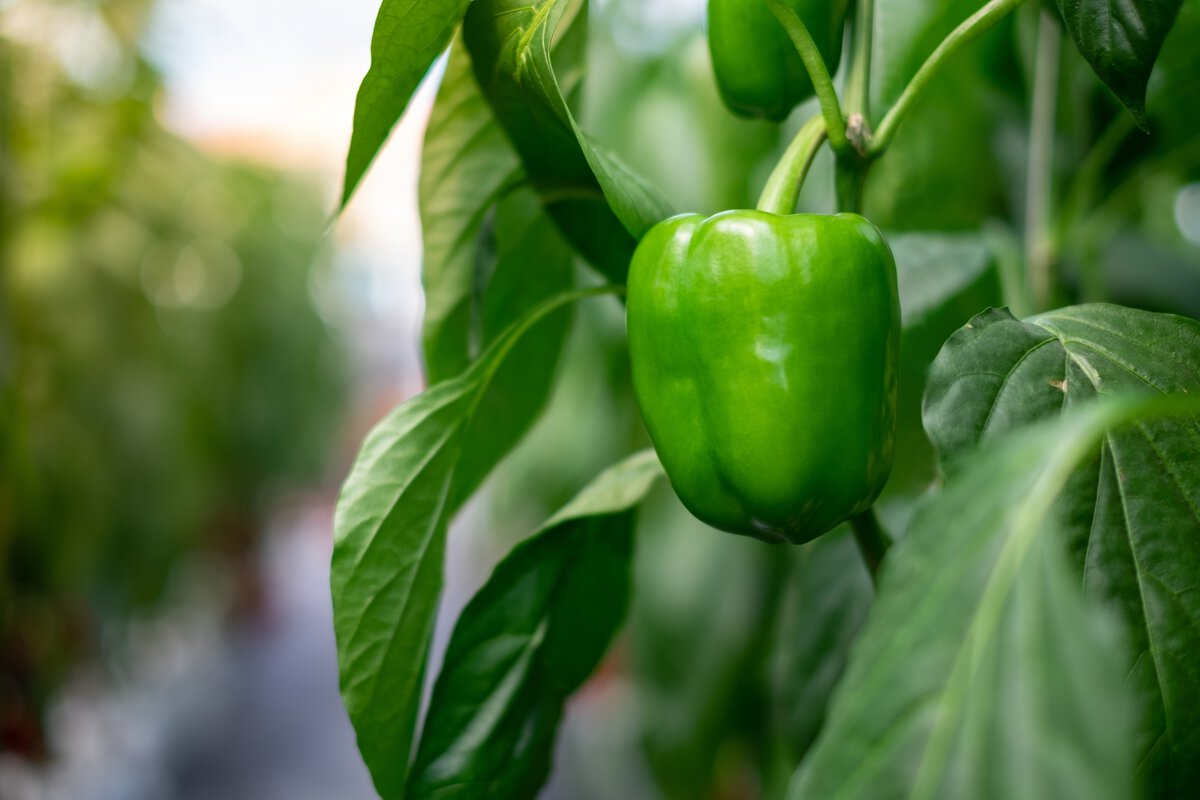
Capsicum, commonly known as bell pepper, is a vibrant and flavourful winter vegetable that comes in a variety of colours, including red, yellow, green, and orange. While typically associated with warmer weather, certain varieties of bell peppers are well-suited for cooler temperatures and can be grown as a cold weather vegetable. Bell peppers are versatile and can be used in salads, stir-fries, roasted dishes, and as a colourful addition to many meals.
Food Value:
Nutritionally, bell peppers are packed with vitamins and antioxidants. They are particularly rich in vitamin C, which is vital for immune function and skin health, and vitamin A, which supports vision and overall health. Bell peppers also contain vitamin B6, folate, and fibre, contributing to a well-rounded nutrient profile.
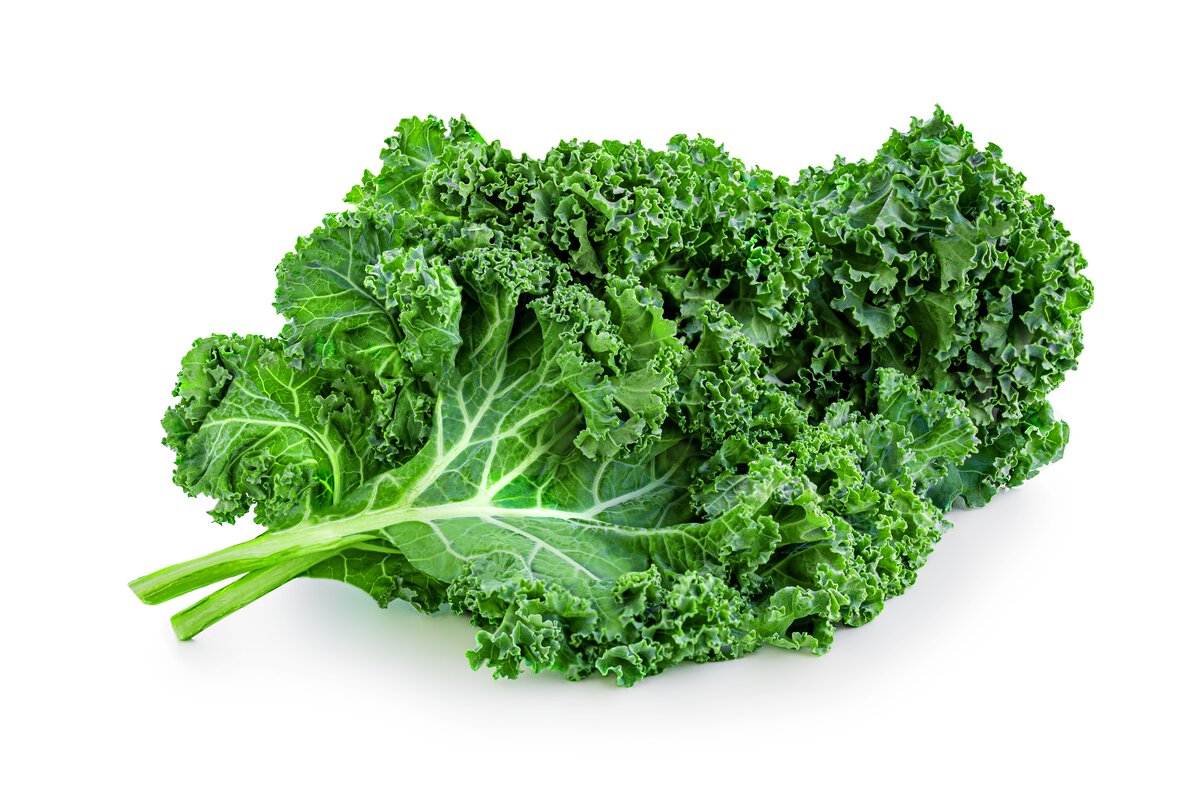
Kale is a leafy green winter vegetable known for its hardy nature and rich nutrient content. It thrives in cooler temperatures and can even become sweeter after a frost, making it an ideal choice for winter gardens and meals. Kale can be enjoyed raw in salads, cooked in soups, stews, and sautés, or baked into crispy chips
Food Value:
Kale is highly valued for its impressive nutritional profile. It is an excellent source of vitamins A, C, and K, which are important for vision, immune function, skin health, and blood clotting. Kale also provides a good amount of calcium, iron, and fibber, supporting bone health, oxygen transport, and digestion.
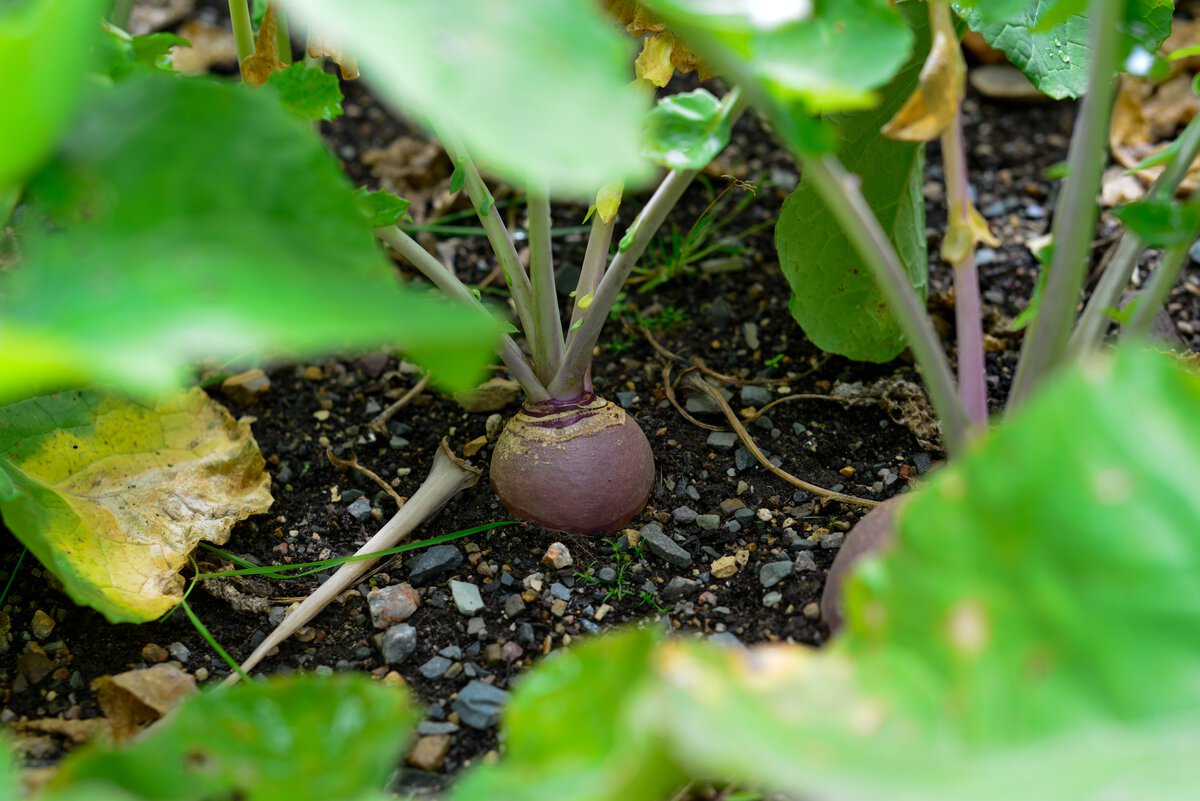
Rutabaga, also known as swede or Swedish turnip, is a root vegetable that thrives in cold weather and is well-suited for winter harvesting. It is characterized by its round shape, yellowish flesh, and purple-tinted skin. This cold weather vegetable has a mildly sweet and earthy flavour, making it a versatile ingredient in a variety of dishes, including soups, stews, casseroles, and roasted vegetable medleys.
Food Value:
Nutritionally, rutabaga is a valuable addition to a winter diet. It is a good source of vitamins C and E, which are important for immune function and skin health, and potassium, which helps maintain healthy blood pressure levels.
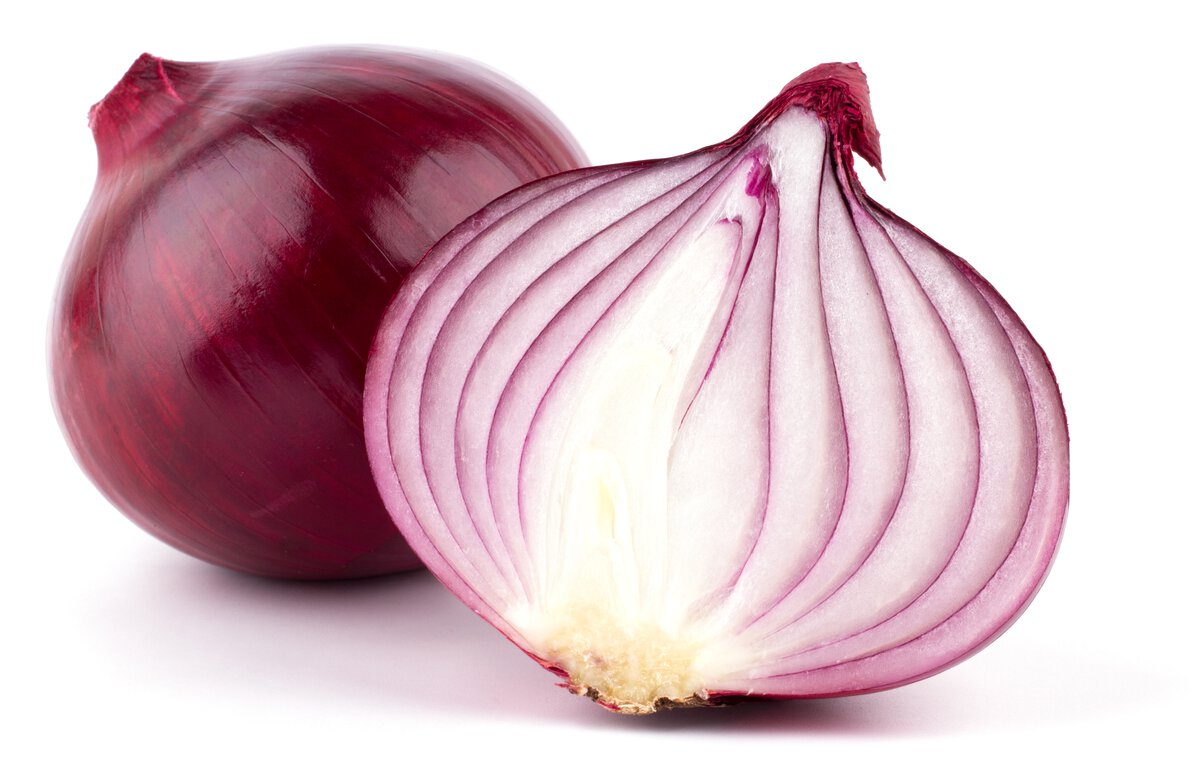
Onions are a staple winter vegetable known for their distinctive flavour and versatility in cooking. They are widely used in various cuisines around the world and can be enjoyed raw, cooked, caramelized, or pickled. Onions are available in several varieties, including red, yellow, and white, each with its own unique taste and culinary uses.
Food Value:
Nutritionally, onions are low in calories but rich in essential nutrients. They provide a good source of vitamin C, which supports immune function and skin health, and vitamin B6, which is important for metabolism and brain health. Onions are also rich in dietary fibber, aiding digestion, and contain antioxidants like quercetin, which have anti-inflammatory and potential anti-cancer properties.
Cold weather vegetables are an essential part of any winter diet, offering both nutrition and versatility. This list of winter vegetables provides a variety of flavours and nutrients that are perfect for the colder months. Winter veg are not only resilient to frost and chill but are also packed with essential vitamins, minerals, and antioxidants that support overall health.
Whether you're looking to add more variety to your meals or seeking nutrient-dense options, these winter vegetables are a fantastic choice for a balanced and delicious diet. Embracing all winter vegetables in your cooking can help you enjoy the benefits of seasonal eating, ensuring you get the best of what nature has to offer during the winter season.
If you want to enjoy any of these winter vegetables or exquisite recipes made out of these vegetables, do not miss visiting our Club Mahindra restaurants. Our personal chefs make the most of these seasonal delights, crafting dishes that are not only delicious but also highlight the freshest, most flavorful ingredients of the season. Whether you’re craving a hearty stew, a vibrant salad, or a comforting bowl of soup, our chefs ensure each dish is a celebration of winter’s bounty.
Mahindra Holidays & Resorts India Ltd. (MHRIL), a part of Leisure and Hospitality sector of the Mahindra Group, offers quality family holidays primarily through vacation ownership memberships and brings to the industry values such as reliability, trust and customer satisfaction. Started in 1996, the company's flagship brand ‘Club Mahindra’, today has over 300,000 members , who can holiday at 140+ resorts in India and abroad.
We use cookies to personalise content and to provide you with an improved user experience.By Continuing to browse this site you consent to the use of cookies.Please visit our cookie policy for further details.

Welcome to ClubMahindra.com In order to provide a personalised experience for you, we use cookies to enable some website functionality. Cookies help us see which articles most interest you; allow you to easily share articles on social media channels; permit us to deliver content personalised to your interests and locations; along with many other site benefits. For more information, please review our Cookie Policy
When you visit any website, it may store or retrieve information on your browser, mostly in the form of cookies. This information might be about you, your preferences or your device and is mostly used to make the site work as you expect it to. The information does not usually directly identify you, but it can give you a more personalized web experience. Because we respect your right to privacy, you can choose not to allow some types of cookies. Click on the different category headings to find out more and change our default settings. However, blocking some types of cookies may impact your experience of the site and the services we are able to offer.
Because we respect your right to privacy, you can choose not to allow some types of cookies and you have the right to withdraw your consent by send a mail to email id [email protected]
These cookies are essential in order to enable you to move around the site and use its features, such as accessing secure areas of the site. Without these cookies, services you have asked for cannot be provided.
These cookies allow us to employ data analytics so we can measure and improve the performance of our site and provide more relevant content to you. These cookies don't collect information that identifies a visitor down to an individual level that is available to us. These cookies are not passing personally identifiable information to any external third party other than in limited cases when we engage a service provider to act on our behalf but who is then unable to use the data for their own purposes.
Performance cookies are generally third-party cookies from vendors we work with or who work on our behalf that collect information about your visit and use of the Club Mahindra website, for instance which pages you visit the most often, and if you get error messages from web pages. These cookies don't collect information that identifies a visitor. All information these cookies collect is anonymous and is only used to improve your overall experience on how the website works. Third party vendors may have access to this data and may use it to improve their overall services and offerings.
Functionality cookies allow a site to remember choices you make (such as your user name, language or the region you are in) and provide more enhanced, personal features. These cookies cannot track your browsing activity on other websites. They don't gather any information about you that could be used for advertising or remembering where you've been on the Internet outside our site.
Third-party advertising and social media cookies are used to (1) deliver advertisements more relevant to you and your interests; (2) limit the number of times you see an advertisement; (3) help measure the effectiveness of the advertising campaign; and (4) understand people's behaviour after they view an advertisement. They are usually placed on behalf of advertising networks with the site operator's permission. They remember that you have visited a site and quite often they will be linked to site functionality provided by the other organization. This may impact the content and messages you see on other websites you visit. If you do not allow these cookies you may not be able to use or see certain these sharing tools content on our website.